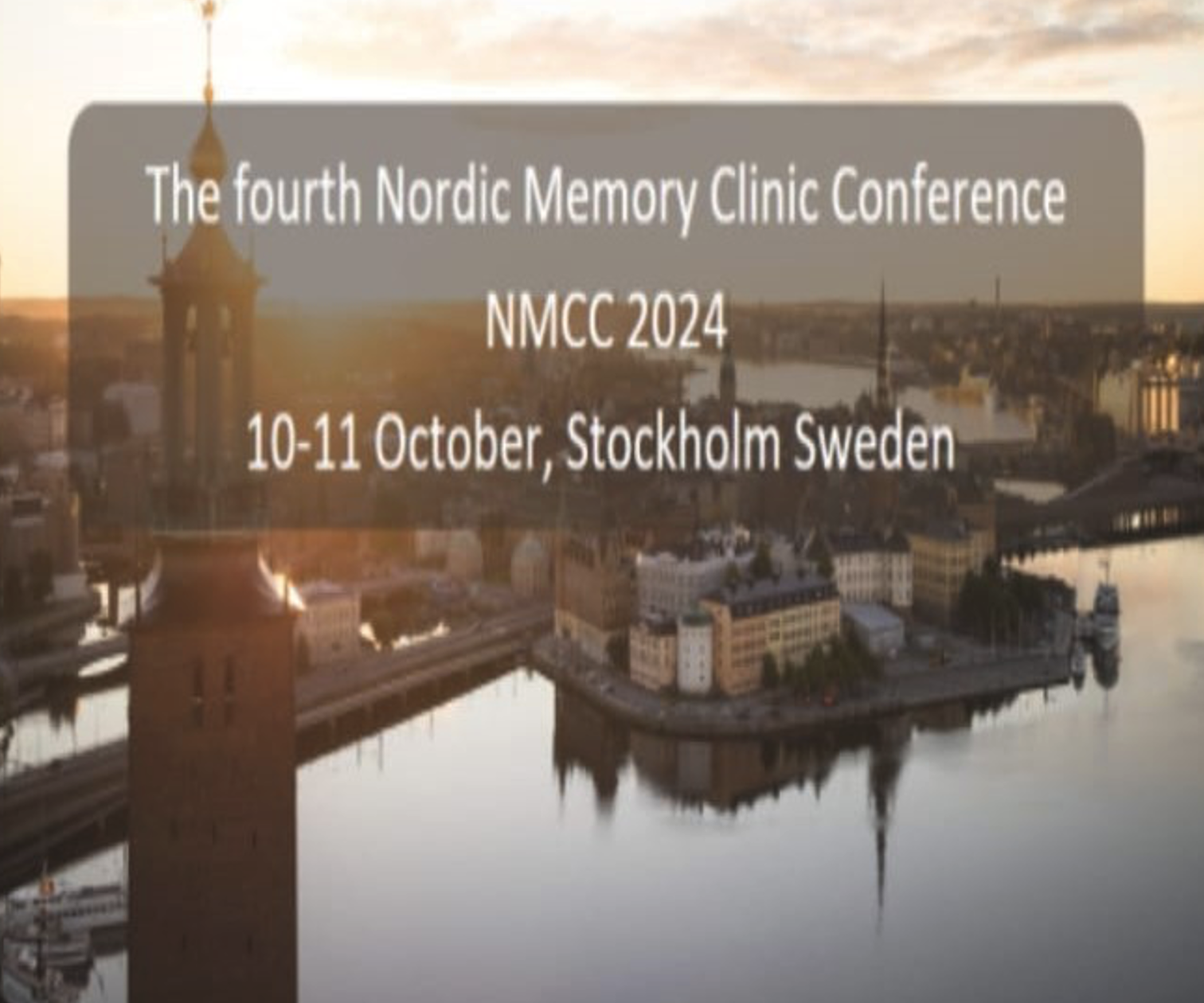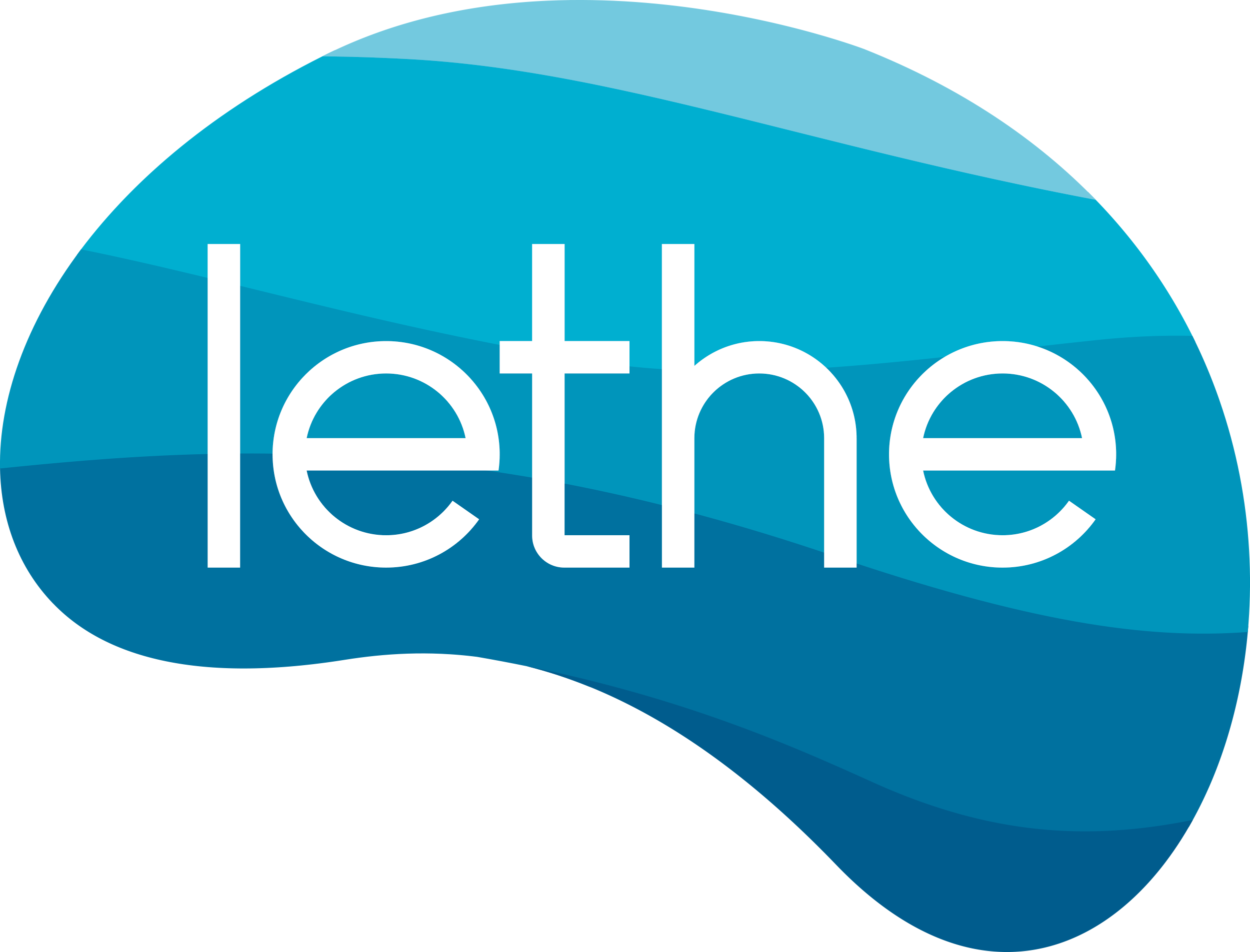The main focus of the conference was the discussion of new disease-modifying treatments for Alzheimer’s disease. Topics covered included the current state of treatment, the challenges of implementing these treatments into clinical practice, logistical considerations for Alzheimer’s and other dementia disorders, as well as preventive strategies for dementia.
The Nordic Network on Dementia Diagnosis (NIDD) has previously organized three conferences for memory clinics in Nordic countries, held in Oslo, Reykjavik, and Kuopio.
Dr. Francesca Mangialasche, Principal Investigator at the Karolinska Institutet’s clinical center involved in the Lethe Project, presented an impactful poster titled “LETHE – A Digitally Supported Multimodal Lifestyle Program to Promote Brain Health Among Adults: Study Design, Progress, and Initial Results.” This presentation aimed to share the current status of the project and preliminary findings with clinicians and attendees.
UPG team member Anna Giulia also attended the conference, engaging with participants to discuss the project.
The poster highlighted digital intervention tools, including the “Temi Robot” and “Fauna Audio Glasses.” These sub-studies are just starting at clinical centers—exciting updates are expected soon!



Recent Comments